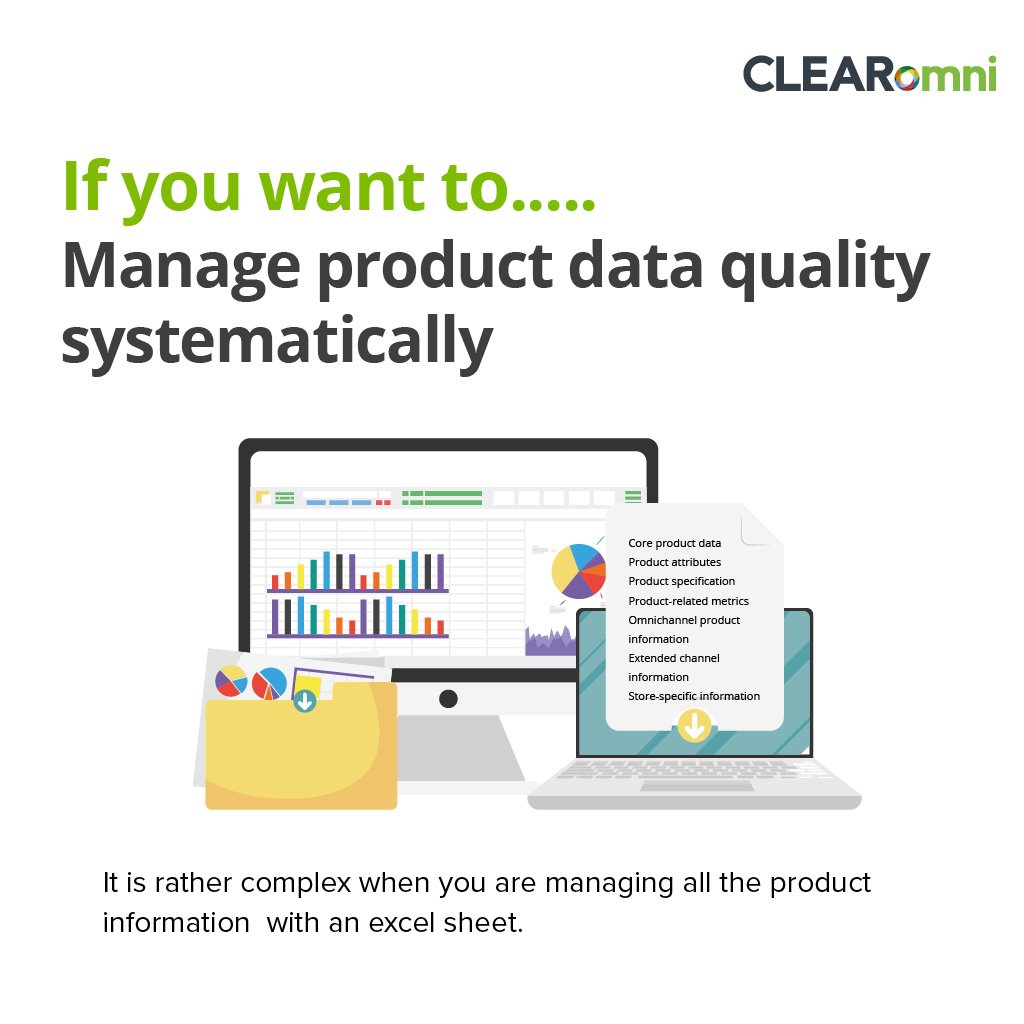Did you know that businesses lose up to 30% of their revenue due to inconsistent or poor product information? For businesses operating in today's competitive, omnichannel e-commerce environment, ensuring accurate and organized product data can make the difference between thriving and falling behind.
What is Product Information Management (PIM)?
Product Information Management (PIM) is a centralized system that helps businesses efficiently manage, store, and distribute product data across all platforms and sales channels.
A PIM system serves as a single source of truth for all product-related information. It centralizes data such as:
-
Product descriptions
-
SKUs
-
Pricing and availability
-
Technical specifications
-
Images and videos
By consolidating all this data in one platform, businesses can easily manage and update product content across various channels and marketplaces.
Importance
With customers expecting consistent, high-quality product data across websites, marketplaces, and social media, a robust PIM system is essential for:
-
Enhancing operational efficiency
-
Increasing customer satisfaction
-
Supporting business scalability and globalization
Key Features of a PIM
-
Centralized Repository: A single platform to manage all product information.
-
Bulk Data Management: Import/export large datasets in one go.
-
Product Content Enrichment: Add images, descriptions, and technical attributes to enhance product listings.
-
Channel-Specific Syndication: Customize and distribute data tailored to each sales channel (e.g., Shopify, Amazon).
-
Seamless Integration: Connect with e-commerce platforms (e.g., Shopify Plus), ERP systems, and CMS tools.

Why is PIM Important for Your Business?
Ensures Data Consistency Across Channels
-
Avoid discrepancies between your website, marketplace listings, and social media channels.
-
Keep product descriptions, pricing, and SKUs uniform and accurate.
Saves Time and Boosts Efficiency
Enhances Customer Experience
-
Accurate, rich product data improves searchability and reduces returns.
-
High-quality product descriptions and images help build trust and drive conversions.
Enables Multi-Vendor and Multi-Channel Management
For businesses operating across multiple platforms (e.g., Shopify Plus, Amazon, Lazada), PIM:
-
Streamlines vendor management for multi-vendor marketplaces.
-
Centralizes product data across channels, ensuring consistency.
Supports Globalization with Multi-Language Capabilities

How Does PIM Work?
-
Data Collection: Import product data from ERPs, suppliers, spreadsheets, and other sources.
-
Data Consolidation: Clean, standardize, and organize the data into a central platform.
-
Data Enrichment: Add high-quality product images, videos, detailed descriptions, and technical specs.
-
Data Syndication: Distribute tailored product data to various e-commerce platforms, marketplaces, and POS systems.
Choosing the Right PIM Solution for Your Business
Key Considerations
-
Scalability: Can the system manage increasing volumes of data as you grow?
-
Integration: Does it connect seamlessly with existing tools (Shopify Plus, ERP, CRM)?
-
Ease of Use: Is the platform intuitive for your team?
-
Customization: Does it support multi-language, multi-currency, and tailored workflows?
Explore CLEARomni PIM: A comprehensive solution designed for e-commerce growth and product data management.
PIM is no longer optional—it’s a must-have tool for businesses managing complex product data. Whether you’re scaling your e-commerce operations, expanding into new markets, or managing multi-vendor marketplaces, a PIM system ensures:
-
Data consistency across channels
-
Enhanced customer experience
-
Faster workflows and operational efficiency
Ready to streamline your product data? Book a Demo with CLEARomni PIM today and discover how it can drive growth for your business.
Related Content
- Why Your E-commerce Needs a PIM Solution
- How PIM Streamlines Multi-Vendor Marketplaces
- Managing Product Data Across Multiple Shopify Plus Stores with PIM
- Why are Retailers Switching to PIM?
